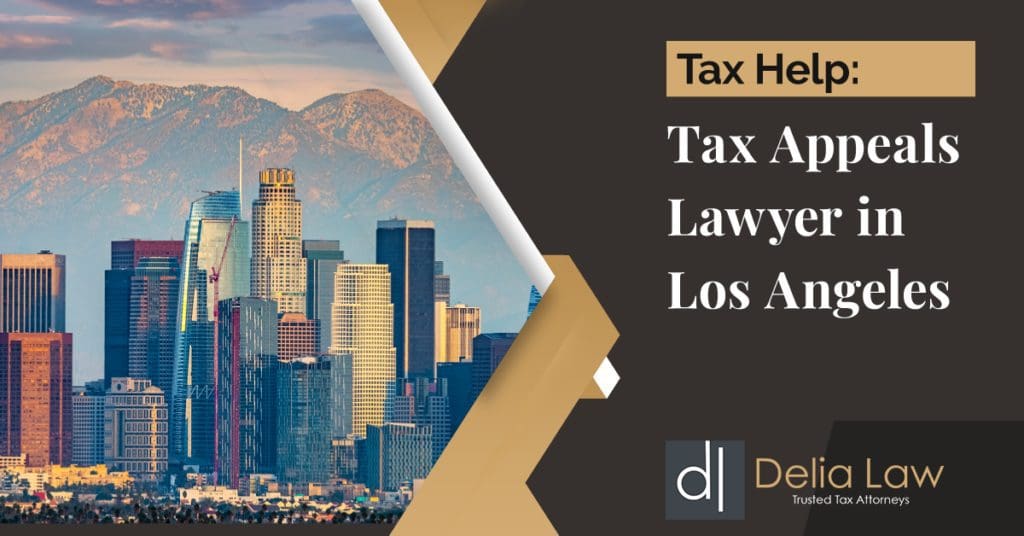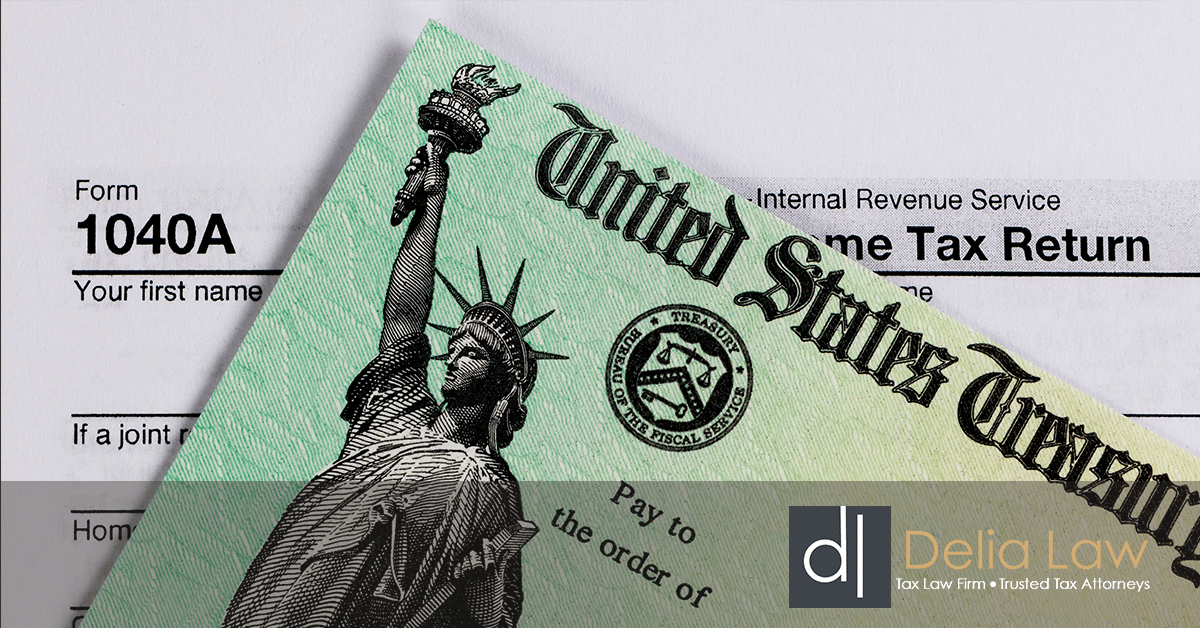Tax Appeals in Los Angeles
& Finding a Tax Appeals Lawyer
Tax appeals are a process by which taxpayers can challenge the assessment of taxes made by tax authorities such as the Internal Revenue Service (IRS) in the United States. Taxpayers have the right to file an appeal if they believe that any tax assessment is incorrect or if they feel they have been mistreated. Appeals can be filed at the federal, state, or local level and may be heard by an administrative tribunal or a Los Angeles court.
The appeals process begins with the filing of a notice of appeal, which is a formal request for a review of the taxpayer’s case. This request is typically made to the tax authority that issued the original assessment, although it can also be made to a higher court or administrative body. The tax authority will then review the case and decide whether the appeal is valid. If the appeal is valid, a hearing will be scheduled where both the taxpayer and the tax authority can present their evidence and arguments. After hearing both sides, the appeals panel will decide on the case and issue a ruling.
There are several different grounds on which a Los Angeles taxpayer can base their appeal, such as:
- Errors in the calculation of the tax. Any errors in the calculation of the tax owed can be grounds to advance a formal appeal. This could include mathematical mistakes made by the tax authority in calculating the amount of tax owed or errors in the application of tax law. If you believe the tax authority has made a mistake in calculating your taxes, you will need to have evidence to support your claim. For example, you may need to provide copies of tax returns or other financial documents that showcase the discrepancy that was overlooked.
- Unfair treatment. Taxpayers can also claim that they have been treated unfairly by the tax authority, even if the tax assessment itself is accurate. This could include discrimination, harassment, or other inappropriate forms of mistreatment by tax officials. If you are in Los Angeles and believe you have been treated unfairly by the tax authority, you will need to provide evidence to support your claim. This could include documentation of the treatment you received, witness statements, or communications with tax officials that all point to the alleged mistreatment.
- Inaccurate information. Taxpayers can also claim that the tax authority has used inaccurate information in calculating their taxes. This could include incorrect information about the taxpayer’s income, deductions, or assets which could dramatically affect the amount of tax owed.
When reviewing your tax documents in Los Angeles, it is important to look for any errors or discrepancies that may lead to any of these grounds for an appeal. Some specific things to look for include:
- Check that all sources of income have been accurately reported and that the correct amount has been included. This includes wages, interest and dividends, capital gains, and other types of income. Any errors in the income reporting could lead to an incorrect tax bill that is too high and impacts your refund or tax liability.
- Check that all eligible deductions have been correctly taken. This includes things like job-related expenses, charitable donations, and medical expenses. Because these deductions can significantly reduce your taxable income, it is important to ensure they are correctly accounted for on your tax return.
- Check that all assets, such as property or investments, have been correctly valued. This could significantly impact the amount of tax owed if the asset is over or under-valued. Some red flags that may indicate an incorrect asset value include a sudden change in value from one year to the next or a value that is significantly higher or lower than similar assets.
If you believe there are errors or discrepancies in your tax assessment, you can file a Los Angeles appeal with the tax authority. The appeals process can be complex and time consuming, though, so it is advisable to seek professional help if you are considering this option.
Delia Law Can Help You With the Tax Appeals Process in Los Angeles
The tax appeals process in Los Angeles is a common way for taxpayers to challenge the amount of taxes they owe. However, for many individuals, self-representing in a tax appeal can be an overwhelming process that negatively impacts their ability to fully and fairly present their case.
Delia Law has years of experience representing taxpayers in various tax disputes, including appeals. With our help, you can be confident that knowledgeable and experienced professionals are handling your case. We will work with you to understand the specifics of your case and build a strong argument on your behalf. Contact us today if you are ready to start the appeals process and resolve your tax dispute with the help of our experienced team.
California-Specific Tax Laws

California residents are subject to some of the highest taxes in the nation. The same applies to businesses operating in the state or people living outside of California but earning income from the state.
There are four main types of taxes in California:
- State income tax. For state tax in California, the tax rate for those filing as a married couple range from 1% to 12.3%, depending on the income bracket. If you make under $18,650, you are only required to pay 1% of your income in state taxes. However, the other end of the spectrum imposes a 12.3% tax rate on annual salaries of $1,250,739 or higher. There is also a 1% mental health service tax that is imposed on anyone making more than a million dollars a year.
- Local tax. At the local level, the amount you pay locally depends on the county and city in which you reside. There are a total of 58 counties in California, each with its own tax rate. For example, in El Dorado County, the tax rate is 0.25%, while in Orange County, the tax rate is also 0.25%, but with an additional 1.5% added in for local school taxes.
- Corporate tax. The corporate tax rate in California is 8.84%, which is higher than average nationally. These taxes are imposed on the majority of businesses, regardless of whether they are based in California or operate in the state.
Sales tax. In terms of sales tax, there is a statewide rate of 7.25%, which is again higher than average. However, some areas have rates as high as 10%. These taxes are generally imposed on retail items. Residents and shoppers of the state do get relief from sales tax on some essential items, such as no tax on groceries and prescription drugs, as well as reduced tax rates on clothing, prepared food, and over-the-counter medications.





